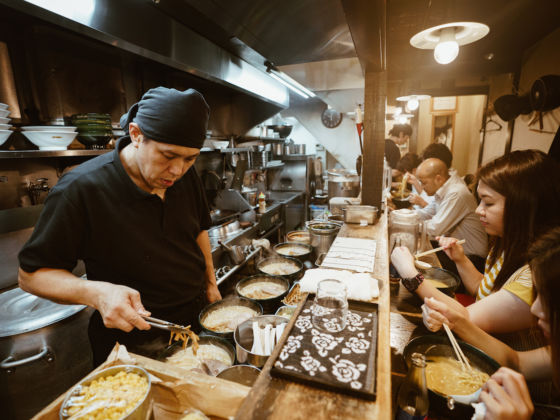Different countries have different rules when it comes to tipping. Tipping can be customary, appreciated but not necessary, or lightly suggested. When it comes to tipping in Japan, however, there’s really just major one rule to remember: don’t.
“Tipping is generally not necessary in Japan,” says Hiroshi Kawaguchi, general manager at the travel company Oku Japan. “Unlike North America, restaurant staff do not rely on tips to get by. While service in Japan is typically exemplary, tipping can actually cause confusion and will likely be refused.”
